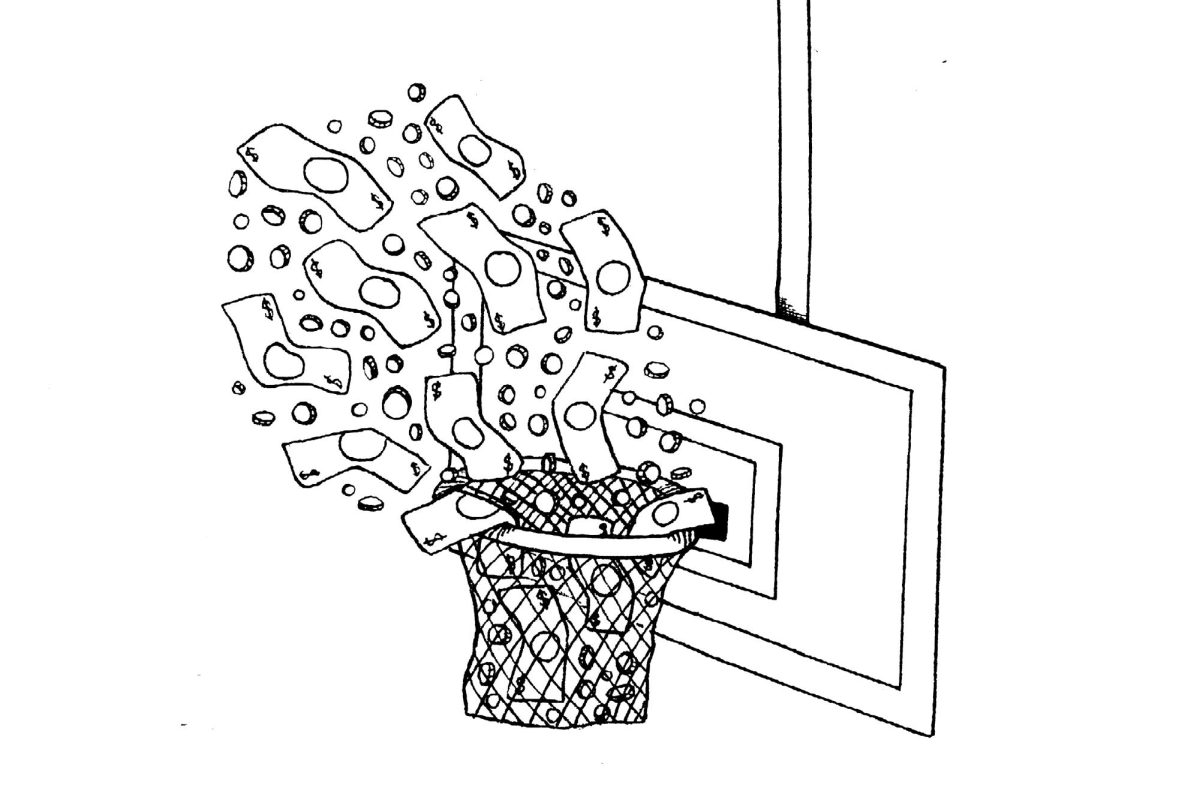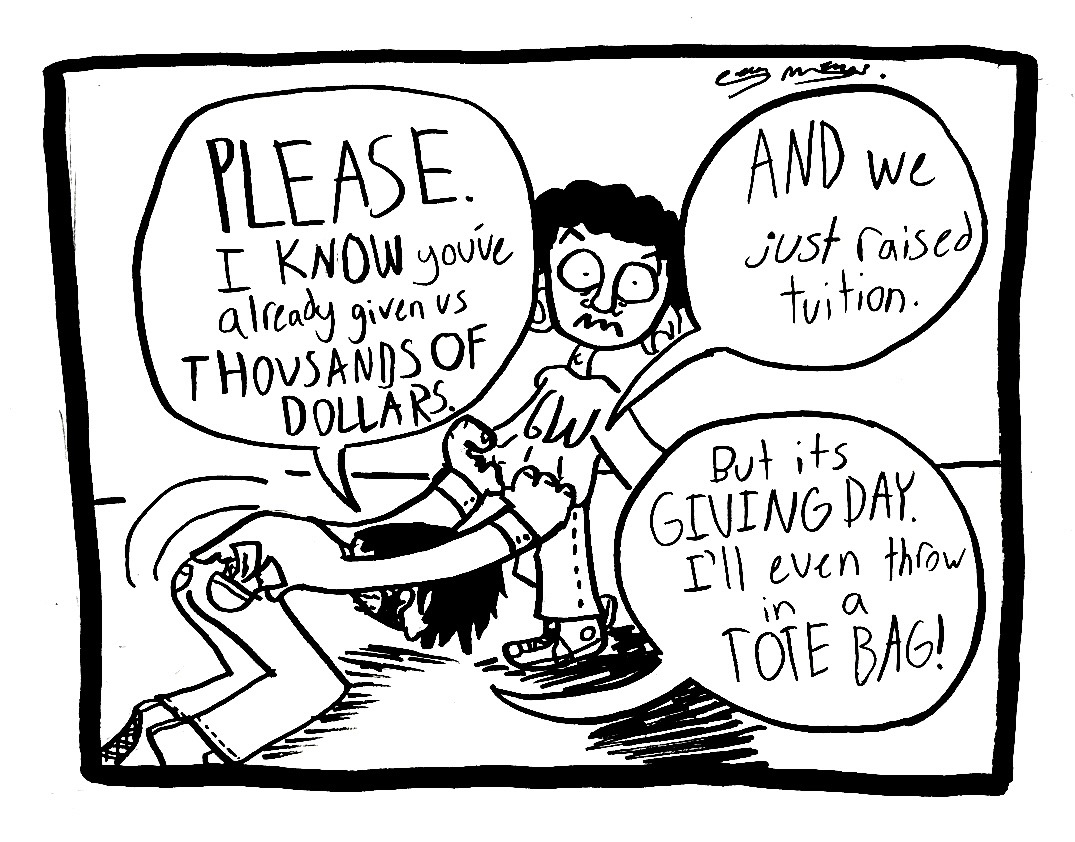In the dejecting materialization of a foreordained outcome, the U.S. Senate voted to acquit former President Donald Trump for his role in inciting the Jan. 6 U.S. Capitol riot.
It was never likely that the ex-president’s second impeachment would go differently than his first. Political reality remains the same – Trump retains adoring support among his base, and Republican senators are well aware of what happened to their former colleagues who provoked that base’s ire.
Still, if there were ever a moment for members of the Senate to string together a spine, now would have been the time. At Trump’s urging, an armed mob stormed the Capitol to try and stop the certification of a free and fair American election. Chanting things like “hang Mike Pence,” the rioters invaded the chambers of the U.S. House of Representatives and the Senate. They had guns, flex cuffs and tactical gear – had Congress not been evacuated, a massacre could have ensued.
But even that narrow brush with death, and the preponderance of evidence that Trump incited that mob, could not spur 43 members of the Senate GOP to act. Mealy-mouthed arguments that Trump’s status as a former president left him immune to conviction abounded – even after being roundly dismantled by the legal evidence presented. Some Republican senators even hobnobbed with Trump’s defense lawyers during breaks in the trial, shedding any visage of being impartial jurors in this process.
Conviction would have been more than just a symbolic repudiation of Trump. Conviction would have allowed the Senate to bar him from federal office in the future. The fact that someone who undermined the peaceful transfer of power, incited a riot against the legislature and peddled unhinged conspiracy theories about the election could come so close to winning is appalling and points to underlying problems in our democracy. These problems won’t be solved just by barring Trump from ever holding office again. But that’s a good and necessary place to start, and it was the Senate’s obligation to make it happen. Forty-three Republican senators defied that obligation and voted against democracy and the rule of law.
Seven Senate Republicans did vote to acquit, and they deserve credit for that decision. But seven members of a 50-member conference is a gallingly low percentage of people who shirked political convenience to do the right thing.
Again, we should not be surprised that the politically realistic outcome emerged from our political reality. It would be naive to expect politicians to behave like they’re in an episode of “The West Wing.” Anyone who thinks elected officials will always come around and do the right thing in the end should disabuse themselves of that notion. But it’s deeply distressing that that’s the case and it’s to the detriment of our democracy and our future.
Andrew Sugrue, a junior majoring in political communication and political science, is the contributing opinions editor.



